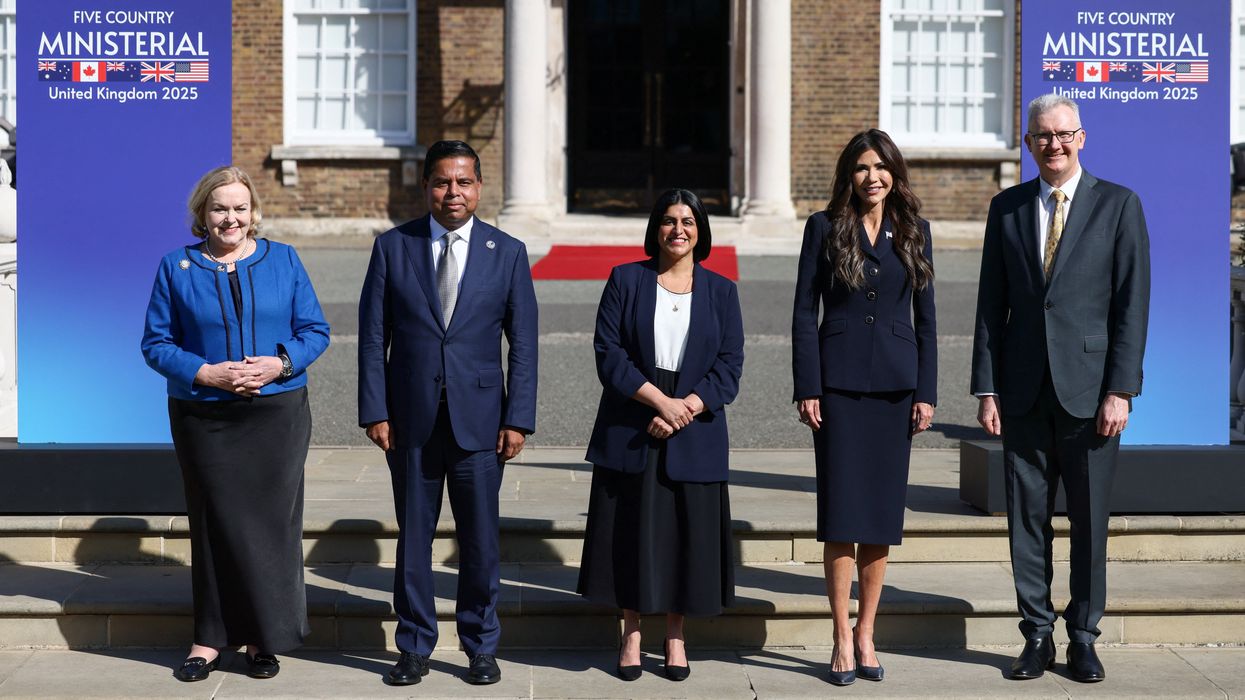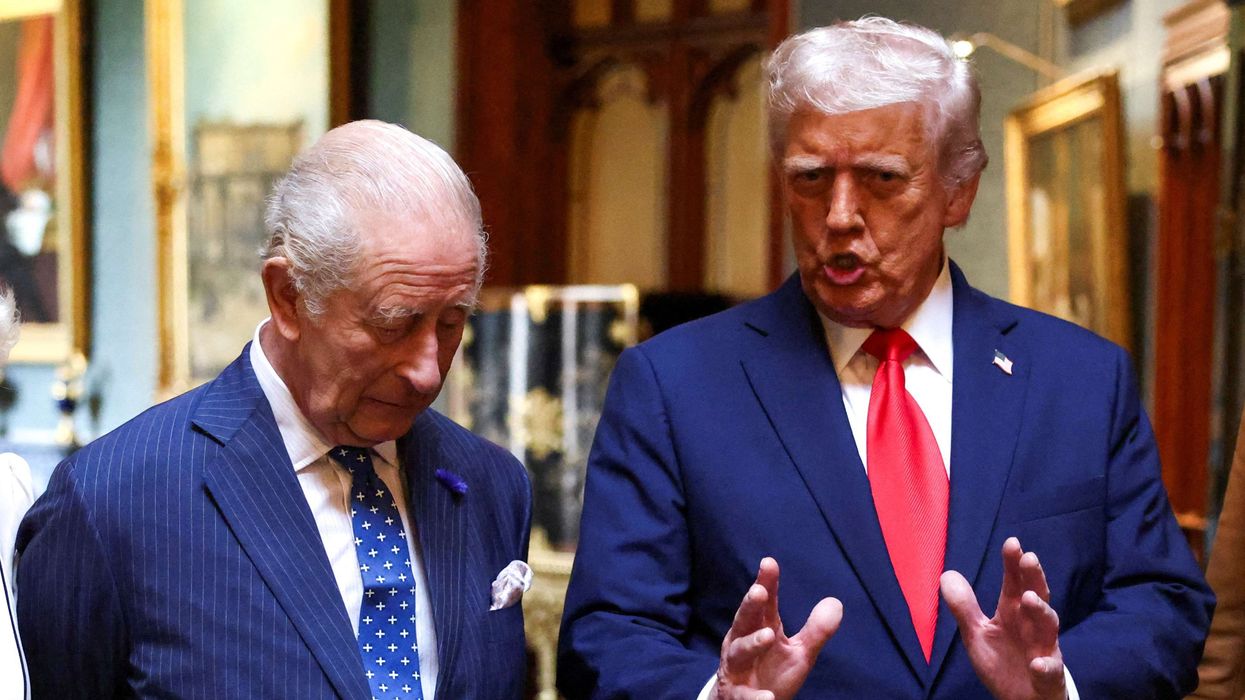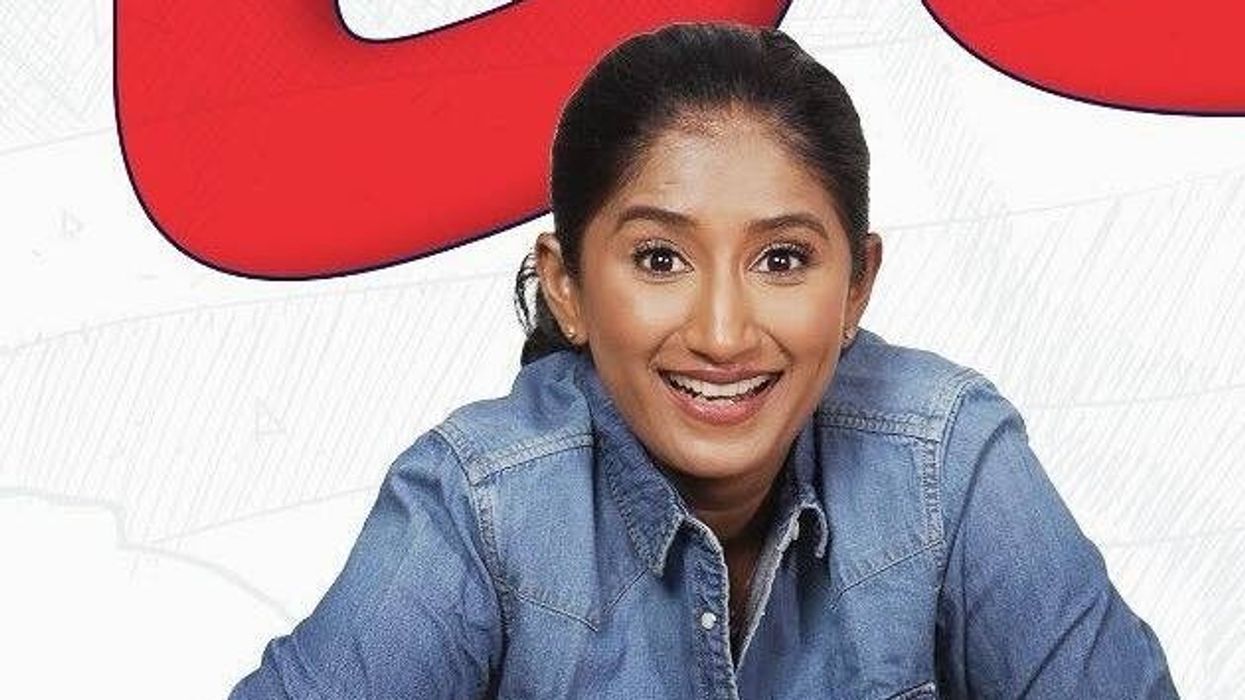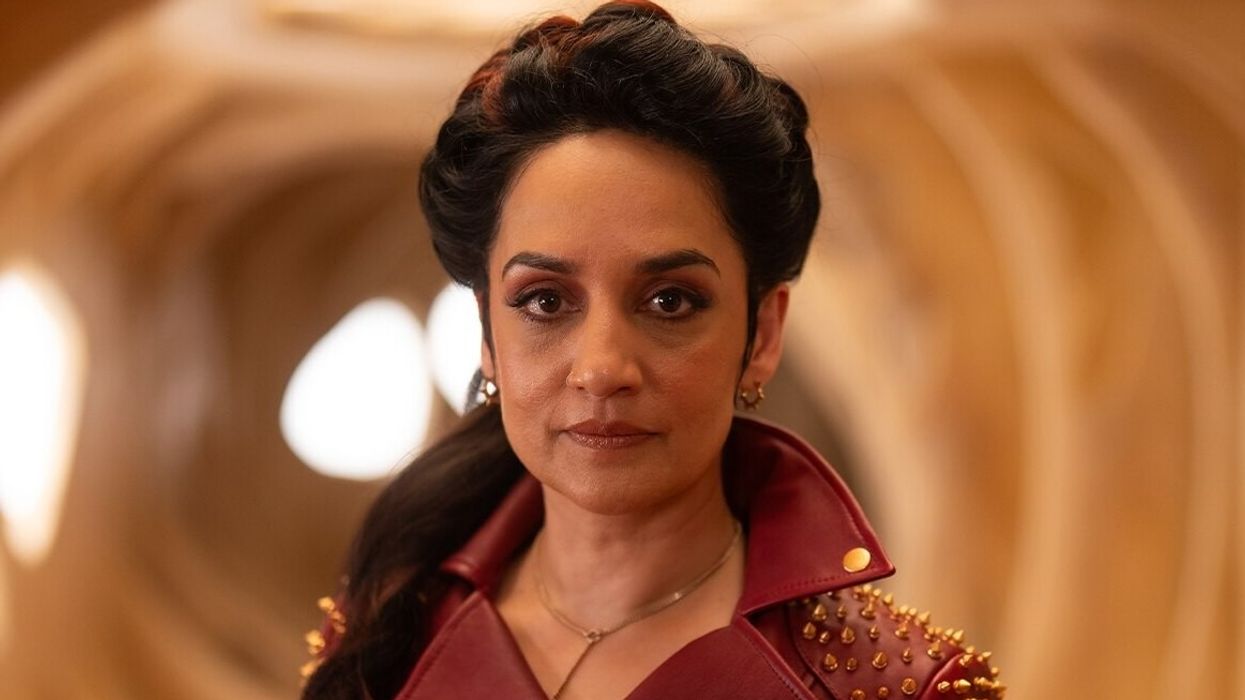PRIME MINISTER Keir Starmer’s government is not working. That is the public verdict, one year in. So, he used his deputy Angela Rayner’s resignation to hit the reset button.
It signals a shift in his own theory of change. Starmer wanted his mission-led government to avoid frequent shuffles of his pack, so that ministers knew their briefs. Such a dramatic reshuffle shows that the prime minister has had enough of subject expertise for now, gambling instead that fresh eyes may bring bold new energy to intractable challenges on welfare and asylum.
“Can Shabana Mahmood save Keir Starmer?” is the question being asked in Westminster. Small boats are increasingly talked about as an existential risk to the government. It will not be the only issue at the next general election – the economy and public services will matter, too – but Labour fear being unable to get heard on anything else without visible progress in the Channel.
The new home secretary has been asked to “think the unthinkable”. Ministers and MPs should be eager to try anything that might work – but might heed the lessons of six years of failure to stop the boats as they do. It is hardly as if former Conservative home secretaries Priti Patel and Suella Braverman were unwilling to brainstorm the unthinkable, nor indeed to legislate the unworkable. If performative gestures – asylum seekers on barges – could stop the boats, it would have been all quiet in the Channel long ago.
As justice secretary, Mahmood’s voice was tough on crime, reflecting her communitarianism. Yet her policy involved a liberalism of necessity. With the prisons overflowing, shortening sentences and seeking public consent for alternative forms of punishment was unavoidable. Number 10 media briefings about being willing to make Labour MPs ‘queasy’ on asylum could – ironically – be a form of comfort zone politics; a distraction from tougher choices that might actually work. Hotel use for asylum could end in 2026 – not 2029 – if ministers both streamlined appeals and gave asylum seekers from high-risk countries limited leave to remain – with the right to work and the responsibility to house themselves. It could save billions, if the government can navigate the political risks. Labour’s challenge is to show how it can deliver an orderly and humane system by cooperating with allies, not ripping up treaties.

As Mahmood becomes the most prominent British Asian and British Muslim in public life, others project contradictory ideas of what they imagine her politics, faith and personality mean. It is curious that Maurice Glasman could declare her the new leader of his Blue Labour faction (though Mahmood does not share the baron’s misplaced enthusiasm for US president Donald Trump) while Reform donor Aaron Banks declared that a Muslim lawyer as home secretary would immediately ‘open the floodgates’ to refugees from Gaza, exemplifying more about his presumptions and prejudices, than her politics.
There is no novelty in a British Asian home secretary now. Sajid Javid broke that ceiling in the Conservative government of 2018, yet Mahmood is already the fifth visible minority politician to hold that office. However, overt racism towards her goes unchecked on X/Twitter – where radicalised site owner and US businessman Elon Musk is infinitely more likely to retweet than to suspend racist voices who say no Muslim should ever be home secretary. That is Tommy Robinson’s view – yet Musk champions his London march on Saturday (13), where ex-soldier and minor TV celebrity Ant Middleton will pitch a London mayoral campaign founded on the absurdly racist proposition that Sadiq Khan, Mahmood and Conservatives opposition leader Kemi Badenoch should be barred from high office if their grandparents were not British-born.
This is the curious paradox of multi-ethnic Britain today: British Asian faces in high places have never been more common. Yet a vocal minority challenges the equal status of ethnic and faith minorities more aggressively than for a generation. It is not just the government that must show more leadership by speaking up to defend our multi-ethnic society. Every civic institution can contribute to how we respect differences and strengthen our common ground.
Knowing our history better is one vital foundation. Everyone is aware of this country’s pride in defeating fascism matters – but fewer know that the armies that won the war look more like our modern Britain of 2025 than that of 1945. Half of the public do know that Indian soldiers took part. Not so many understand that Hindu, Sikh and Muslim soldiers fought alongside British officers in the largest volunteer army the world has ever seen. The My Family Legacy campaign from British Future, the Royal British Legion and Eastern Eye will help British Asian families find and tell their stories. Writing this vital chapter fully into our national history remains work in progress – but can show why national symbols, like the poppy, belong to us all and can help to bring this diverse society together.
 Sunder Katwala
Sunder Katwala
Sunder Katwala is the director of thinktank British Future and the author of the book How to Be a Patriot: The must-read book on British national identity and immigration.




